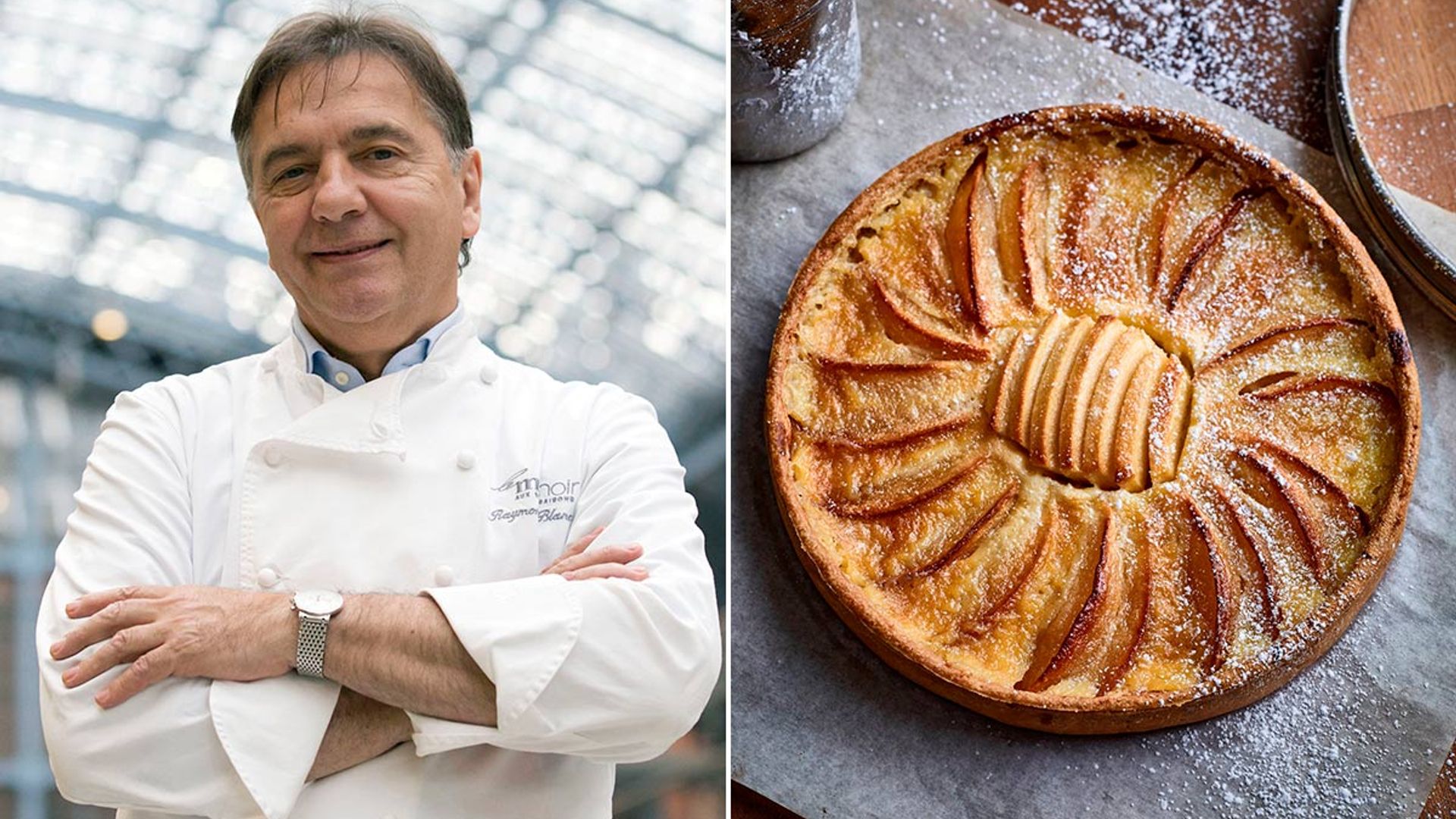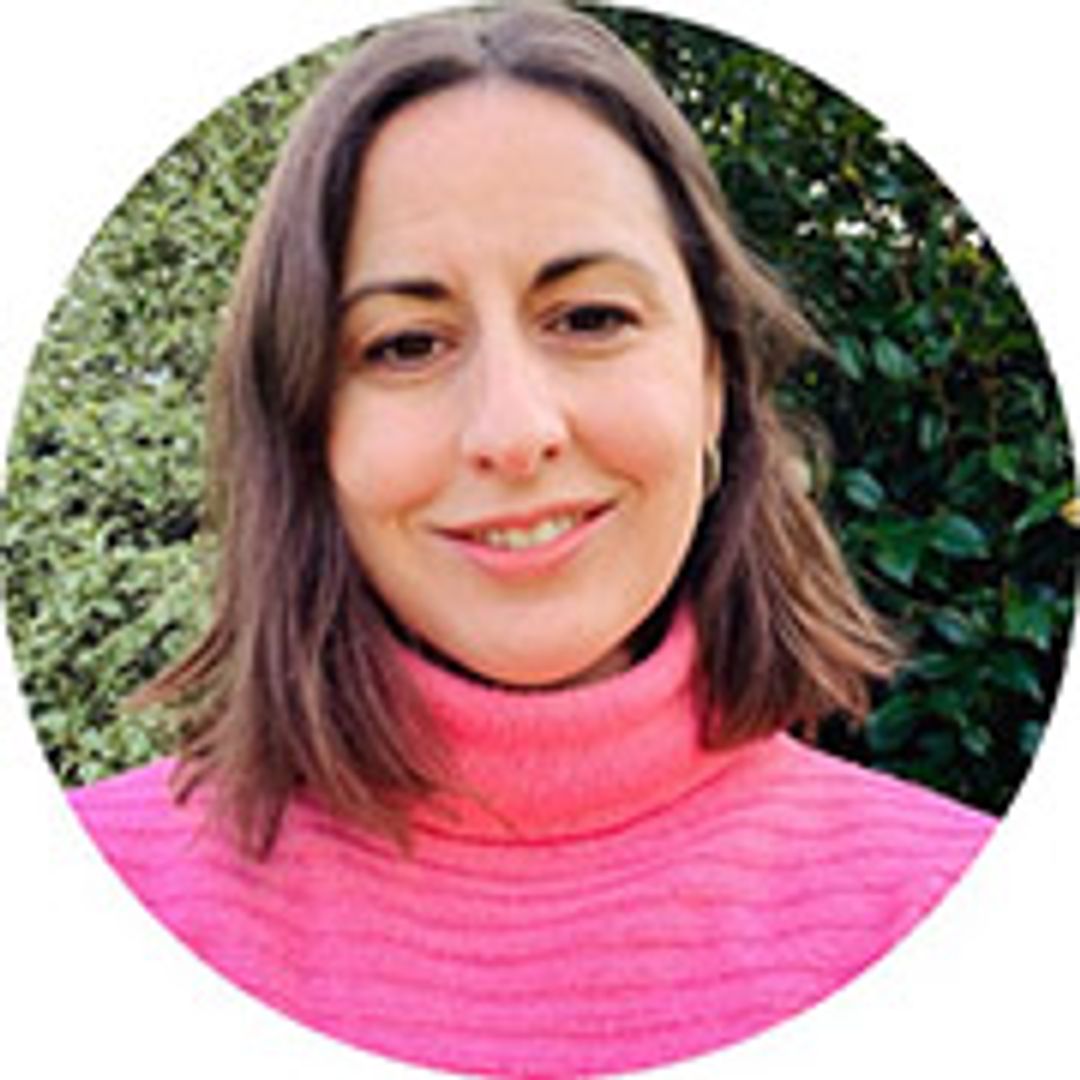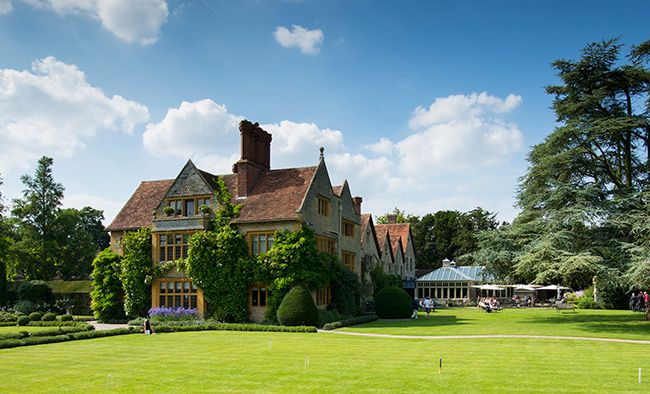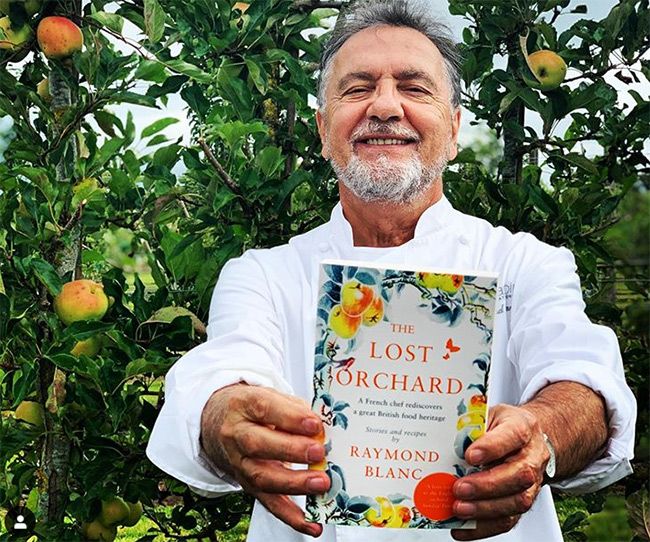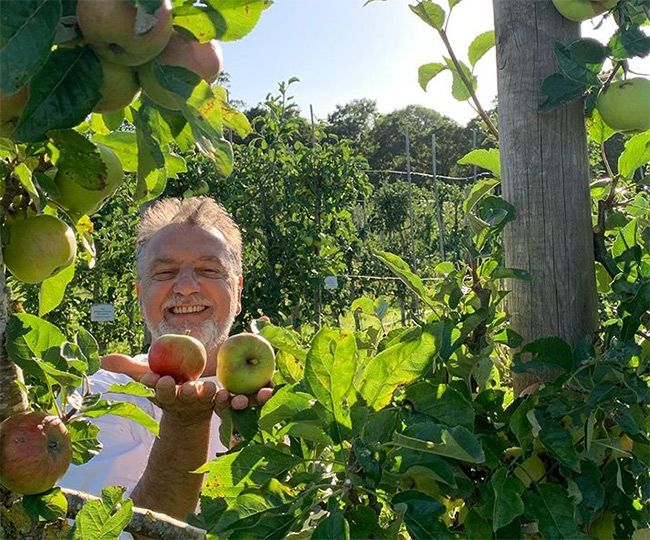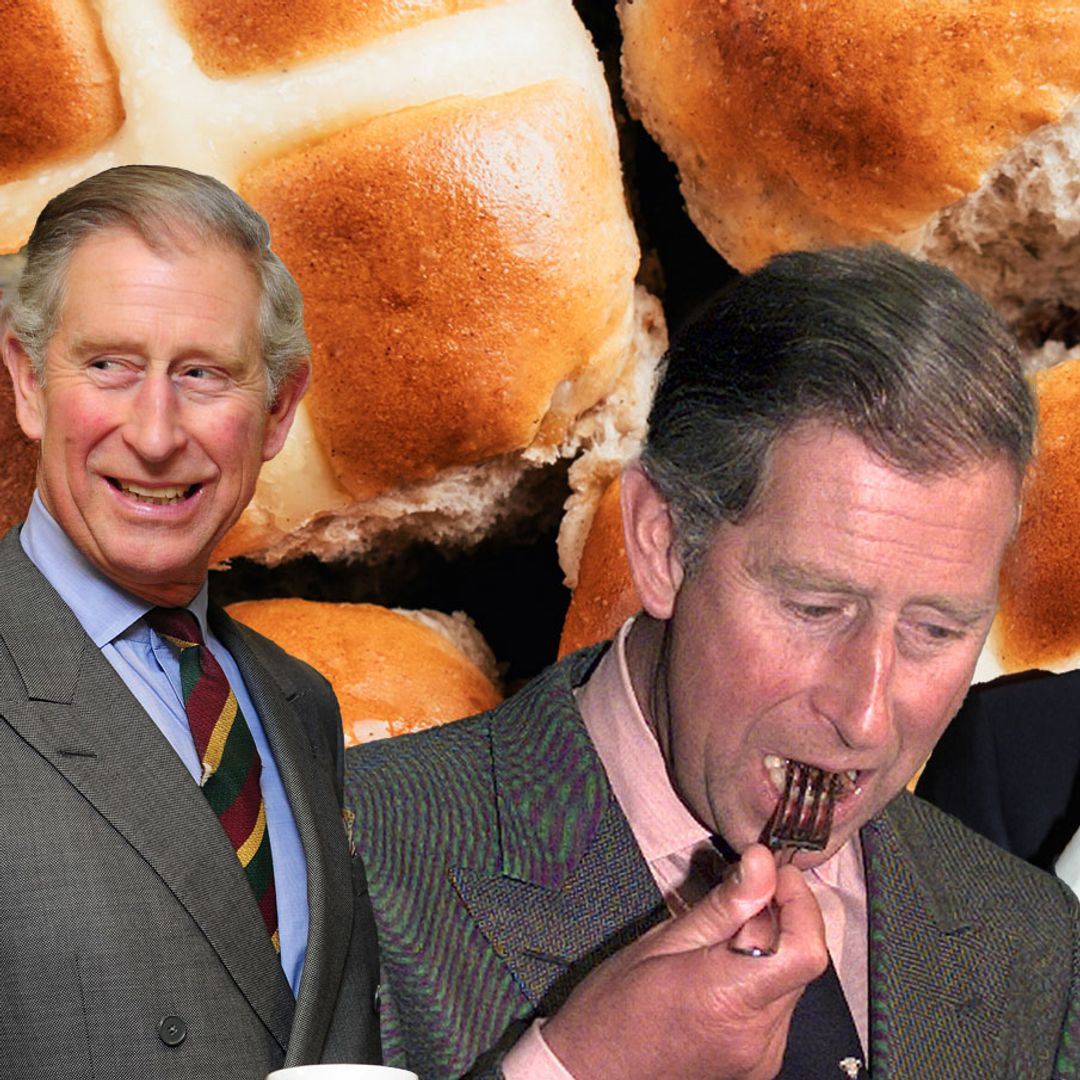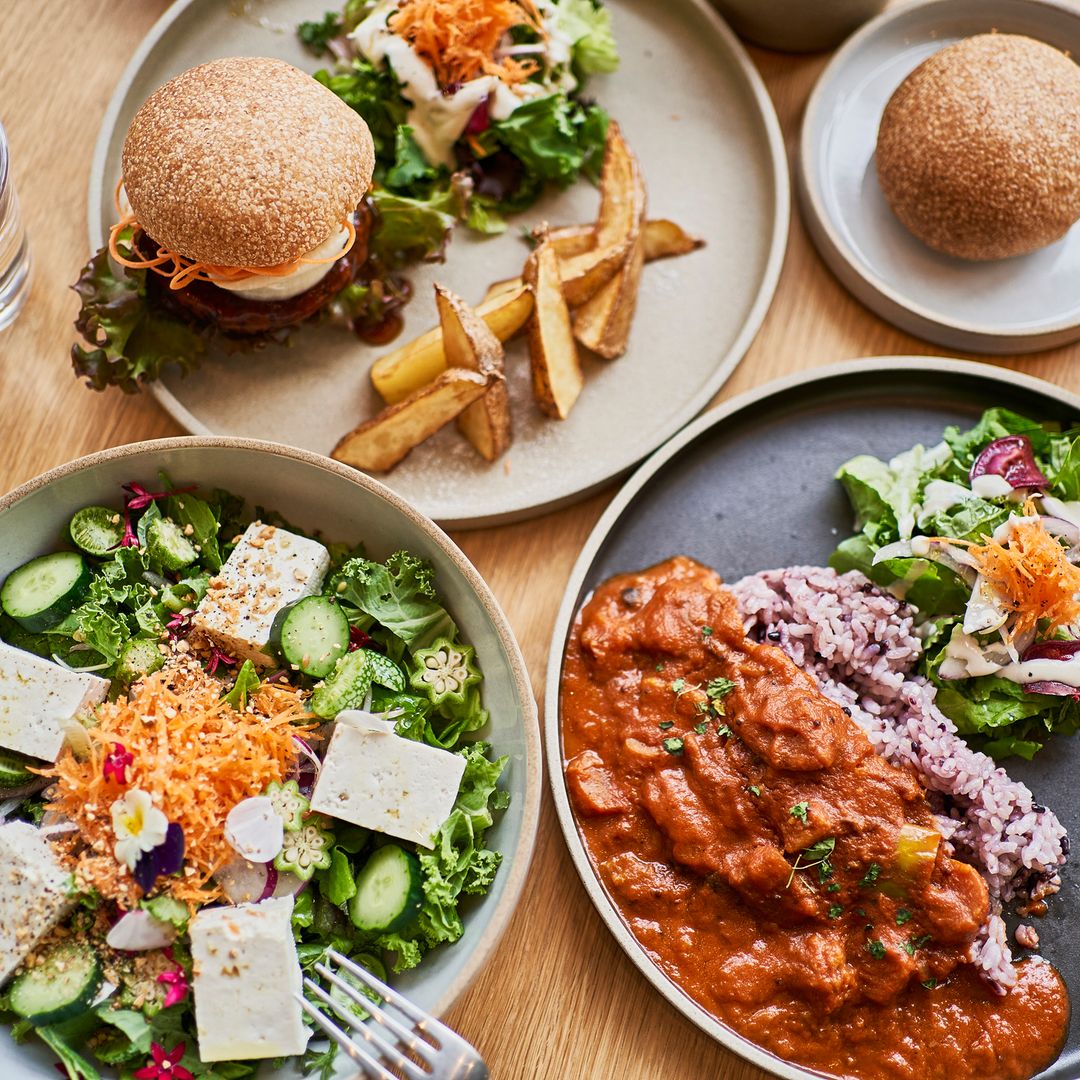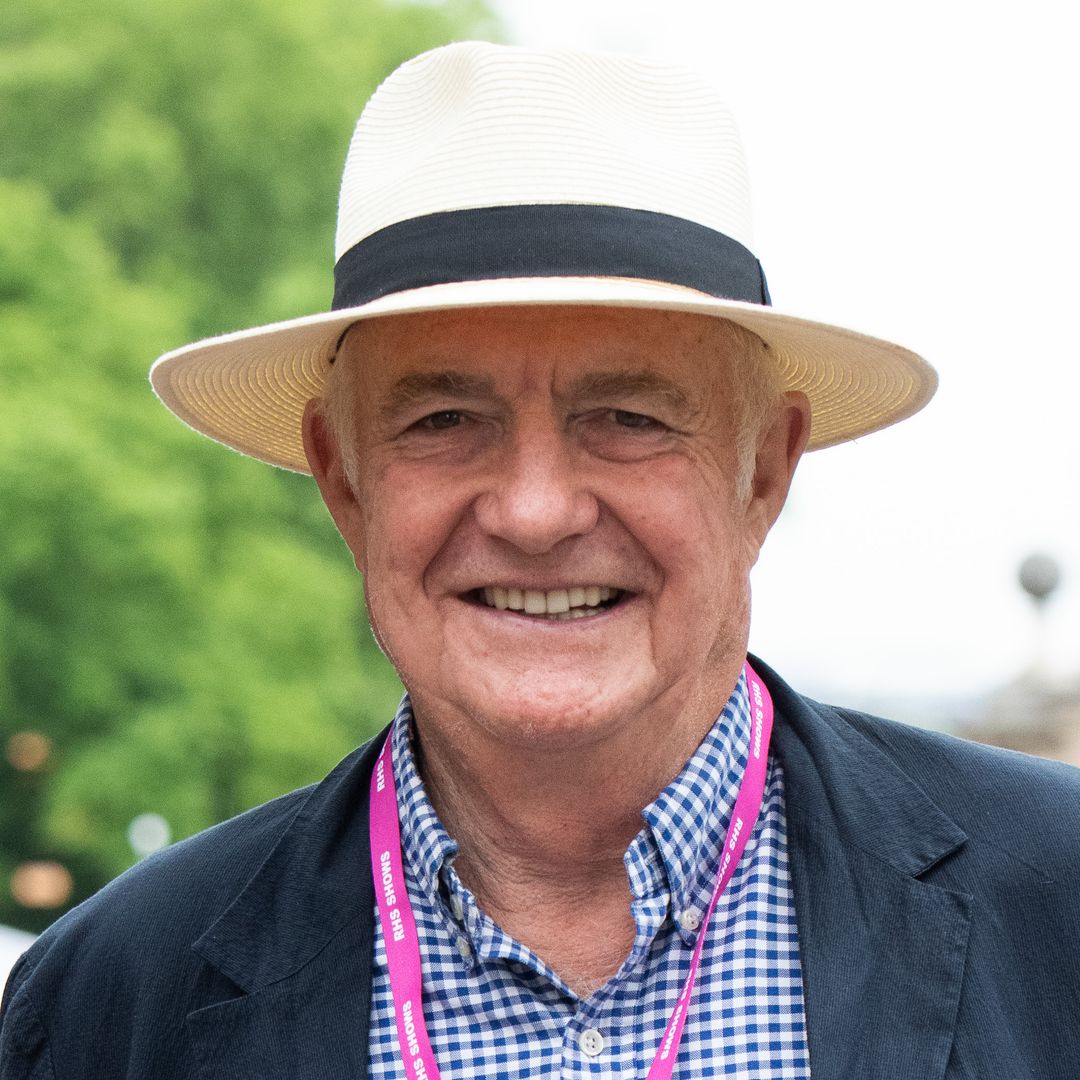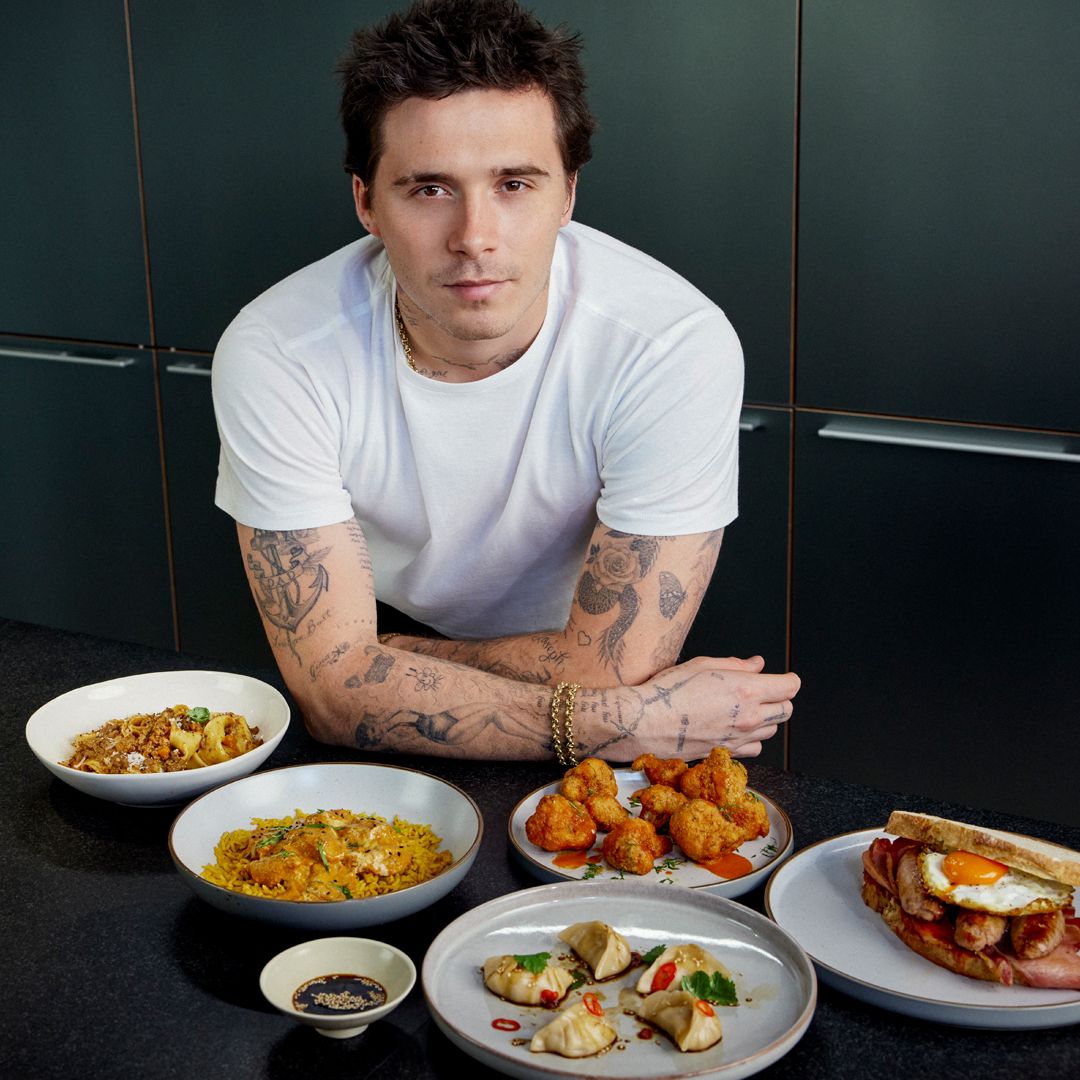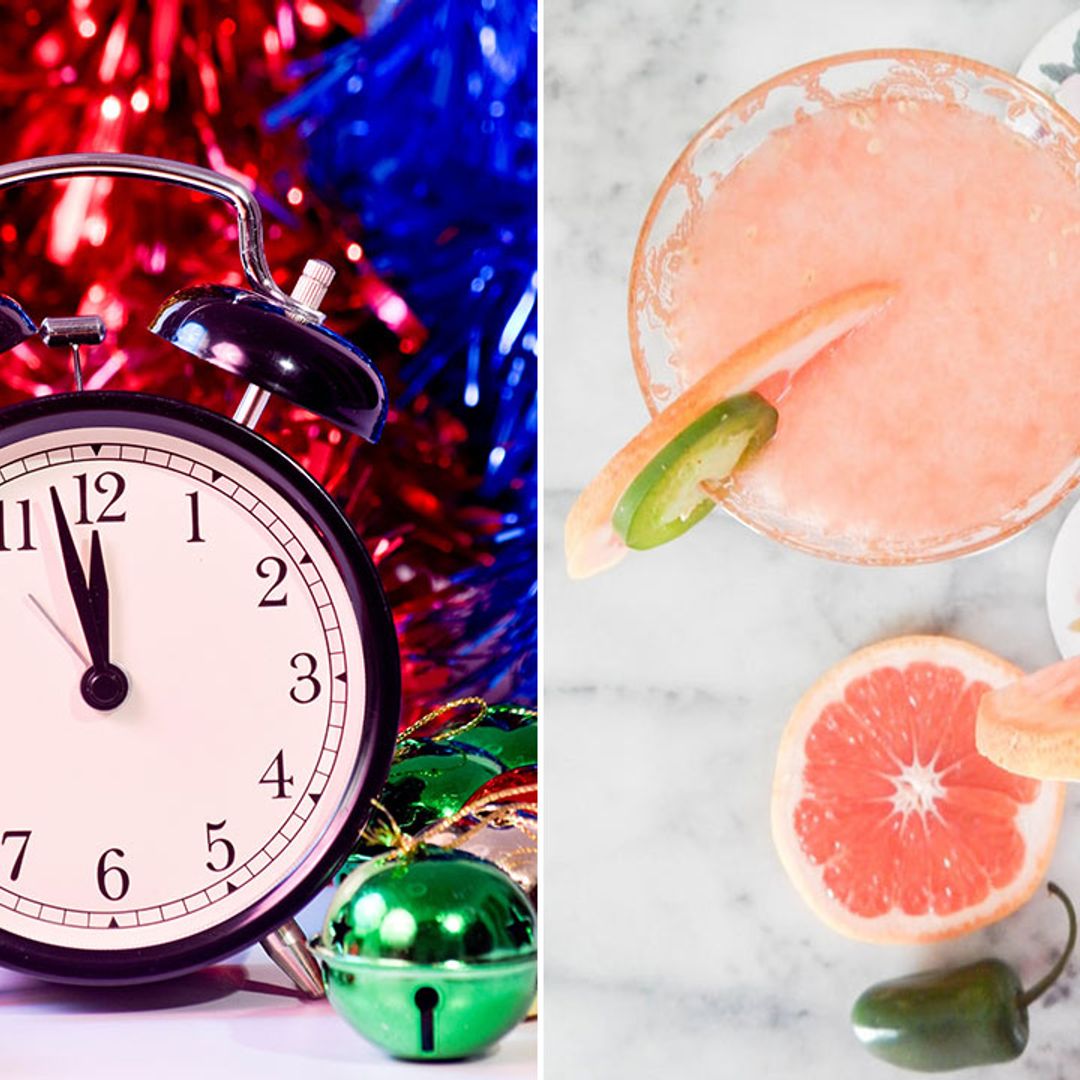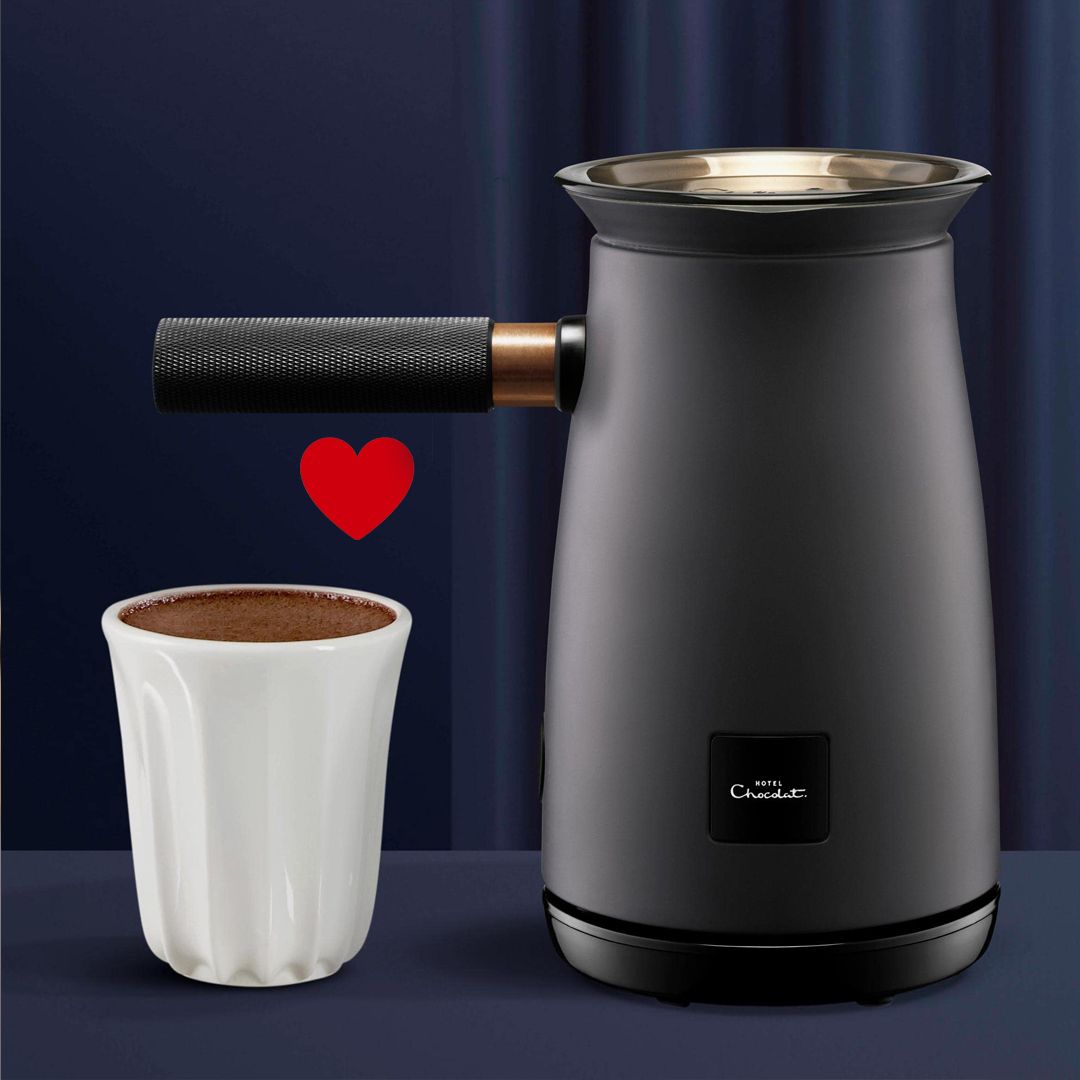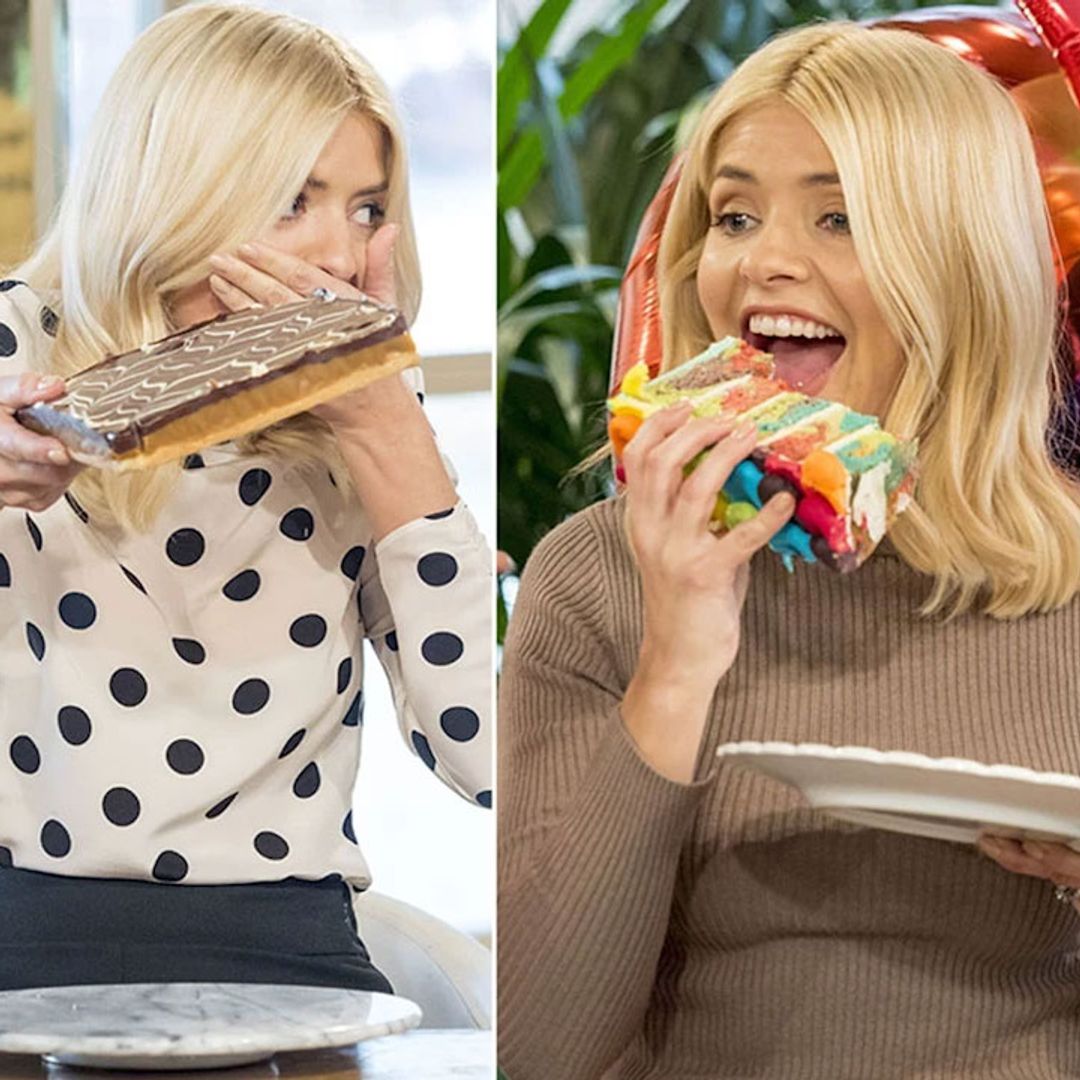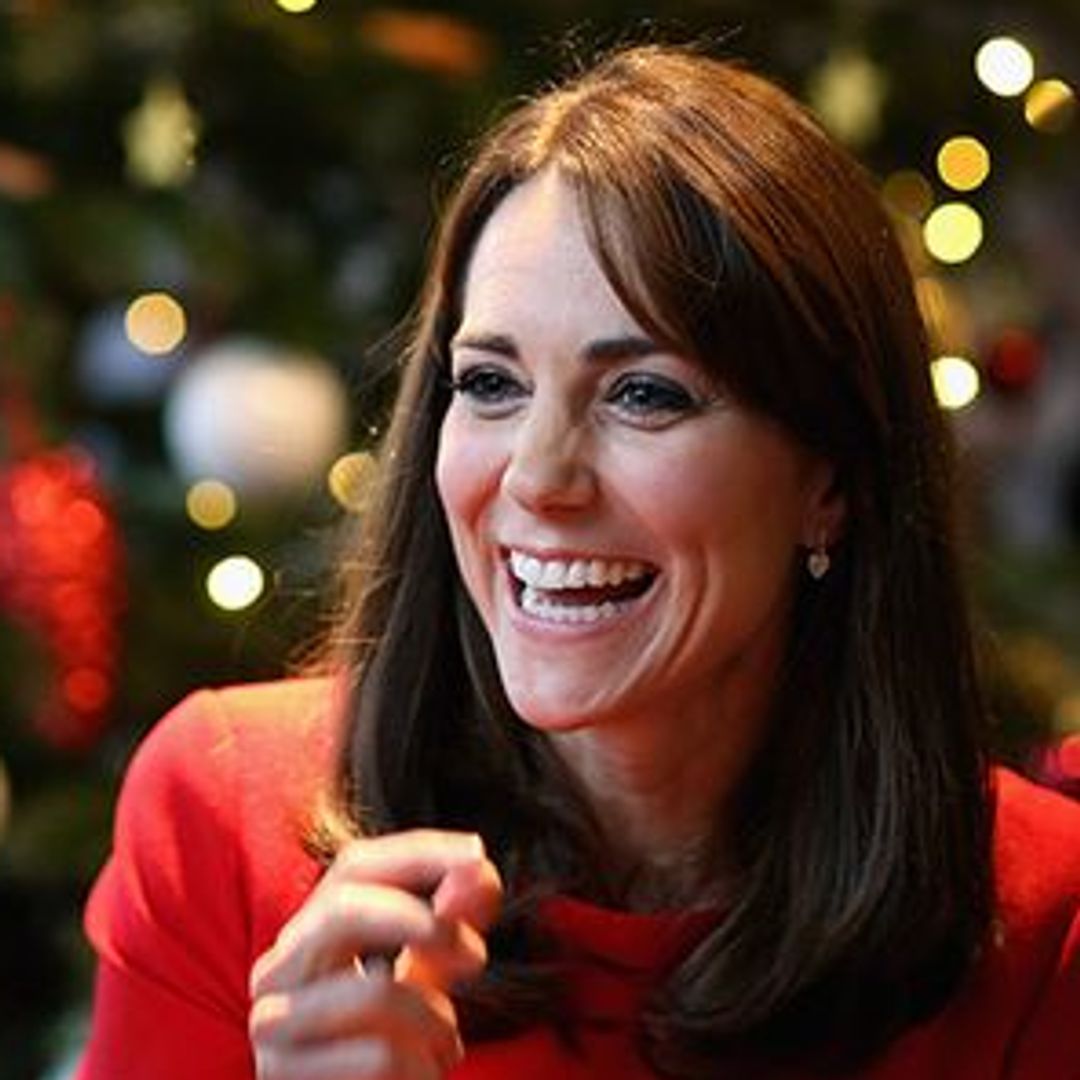When HELLO! heard that renowned chef Raymond Blanc OBE was launching the 2020 British Apple and Pear Harvest, we had to speak to him.
The celebrated cook, whose Oxfordshire country house hotel and restaurant Belmond Le Manoir aux Quat’Saisons has held two Michelin stars since 1984 and is passionate about growing his own organic fruit and vegetables - so much so that Raymond has planted his own orchard of 2,500 trees in the grounds of the hotel. The chef has also written a book on the subject, The Lost Orchard, so it's a subject close to his heart.
READ: 12 best advent calendars for foodies – from gourmet cheese, crisps, chilli and marshmallows
Belmond Le Manoir aux Quat’Saisons
MORE: The Queen's posh banana bread recipe revealed – see the secret ingredients
The UK harvest is set to produce around 1.6 billion apples and pears this year – a staggering number, and one us Brits can be proud of as our nation becomes more self-sufficient.
We caught up with Raymond to talk all things apples!
Hi Raymond, tell us all about your orchard at Le Manoir. When did you come up with the idea?
"When I first thought about doing this orchard there were three very specific moments which made me think 'I must'. The first one was when I was doing a tasting about 25 years ago of apples and I discovered British apples - one of them was a Cox Orange Pippin and I fell completely in love with the apple. It had the most extraordinary layers of flavour.
"The second thing was 20 years ago when I went to Gloucestershire and I saw apples that were unpicked and rotting on the floor. That shocked me.
"Equally I went to Paris in Versailles and I saw the Jardins de Vau. These three things combined made me think, I must create a beautiful orchard to tell British people what we have lost and what we could reinvent.
"You realise how hard it is to grow an orchard, because we had to fight against the wind, we had the wrong earth – a lot of clay - we had to drain the soil and enrich it. It took a whole year to prepare the ground.
"Then after it was the fun bit because I wanted to fetch all the great varieties of British trees which used to colour every region and were no more. I wanted to celebrate those trees and regions.
"I tasted 150 varieties of apples! Raw, juiced, baked, pureed, pan-fried…"
Raymond with his new book The Lost Orchard
What's your favourite winter dish to make with apples?
"To me, the British apple crumble remains a great dish of the world.
"Just a couple of years ago I did a TV programme in France where I cooked for top chefs, in different regions. In one of the events, I cooked a chocolate and apple crumble and the French couldn't believe that the British could do such a fantastic dessert! They had no clue! They were so enthralled by this apple and chocolate crumble that they put their fists on their chests and sung La Marseillaise (the French national anthem) at the end of the meal. I bet if they could have sung God Save the Queen, they would.
"I also love Apple Tarte Maman Blanc, which is a shortcrust pastry uncooked into a tart mould. You lay the apples and the best apple could be the Cox or Gala. You should try the Junami, a new British apple, which is really lovely.
"I still look at the Bramley as the very best apple for crumbles, for pies, for any puree."
You were taught to cook by your mother. What advice can you give parents to get children involved in cooking?
"It's involving the child, whatever you cook at home. Make him taste as much as possible. In France we didn't have any choice – you had to eat everything! You didn't get down from the table.
"I worked in the garden and I understood the miracle of that brown little seed that you put into the ground and with water and a bit of warmth from the sun, that little seed will grow into a beautiful plant. It teaches the magic of food. Take them to an orchard, it is beautiful. If you see our orchard now, it's wonderful.
"There are many apps you can buy as well. My son, Olivier Blanc, has one called Henri Le Worm and it's amazing. It brings the kids back to the forest, the orchard, the gardens and to cooking - and it's fun. It's the role of the parent… telling the story of how an apple grows, from a pip. I think it's completely magical."
Why did you want to get involved with the British Apples and Pears start of season launch?
"It fitted exactly what I'd hope would happen 20 years ago, that there would be an association to help the revival of British orchards – that's what we'd lost.
"These orchards meant a lot in terms of economics and communities. These orchards used to colour these villages, add character, and at one stage we lost these orchards for all sort of reasons. Mostly, the EU was paying money to grow barley and wheat than apples.
"British Apples and Pears have helped the revival, the reinvention, of [the fruits] across the country – so much so that instead of seeing apples in the supermarket that came from very far away, South Africa, New Zealand, America etc, you will see British apples that are grown locally. That is so important. It's what my mum taught me and it's what I pass on to my young kids now."
Raymond in his orchard in Oxfordshire
Why do you think British apples and pears are among the best in the world?
"We have a fantastic climate and that's very important. Not only a good soil but a good maritime climate. Some rain, some cold, a sparkling of sunshine; it's the perfect climate to have a slow ripening process of an apple, slow growth of fructose to create the best possible fruit you can have."
Why should we be buying British produce?
"In terms of the environment, it's crucial to me. My mum taught me to buy local. If it's close to home, it's better taste, better texture, better flavours, better colours and better nutrients. You help your farmer to keep his farm. Then you don't have to import food from thousands of miles away when you can grow them here. Growers here now have the skills to keep the food here all year round.
"It's important to me to buy local. You may ask me, Raymond, why on earth don't you buy French? And I'll say, sometimes I do, but most of the time I don't. Why? Because I apply what I've been taught. If I was working in Germany, I'd buy German.
"I think the pandemic will be a moment, as consumers, as parents where we'll understand better that our environment is fragile and that we should grow and buy as much food locally [as we can]. I think it's immoral to import millions of tonnes of food from elsewhere when we could actually grow it here."
What's next for you?
"I love gardens, I have 12 of them and I'm just about to grow a vineyard, a beer village, an art school and a raw cooking school.
"I've got a new programme in January with ITV which is going to be called Simply Raymond and at the same time a book by Headline which will come out a bit before, in December. It's how to cook simple food at home – simple, delicious, wholesome food that doesn't take you forever."
